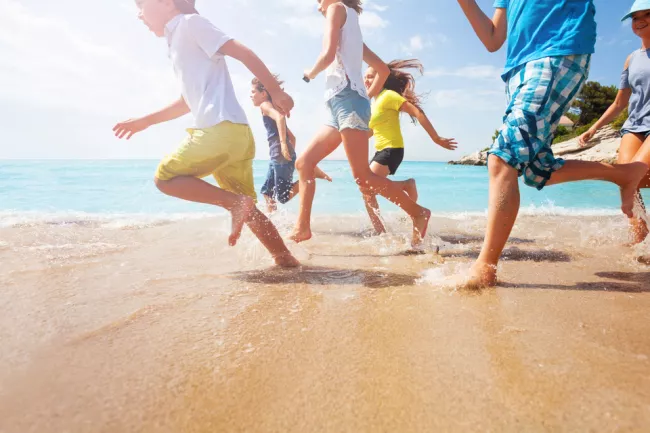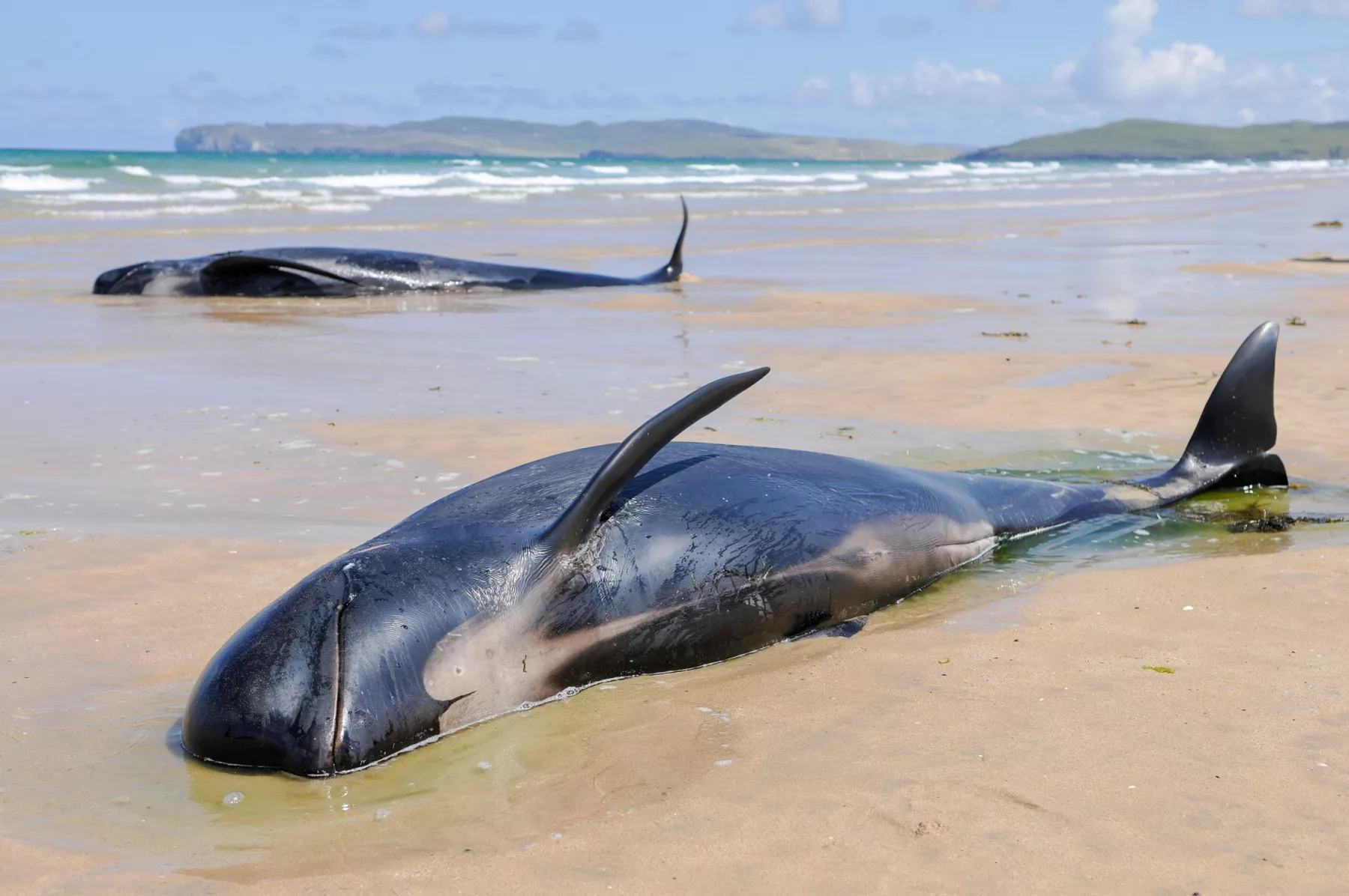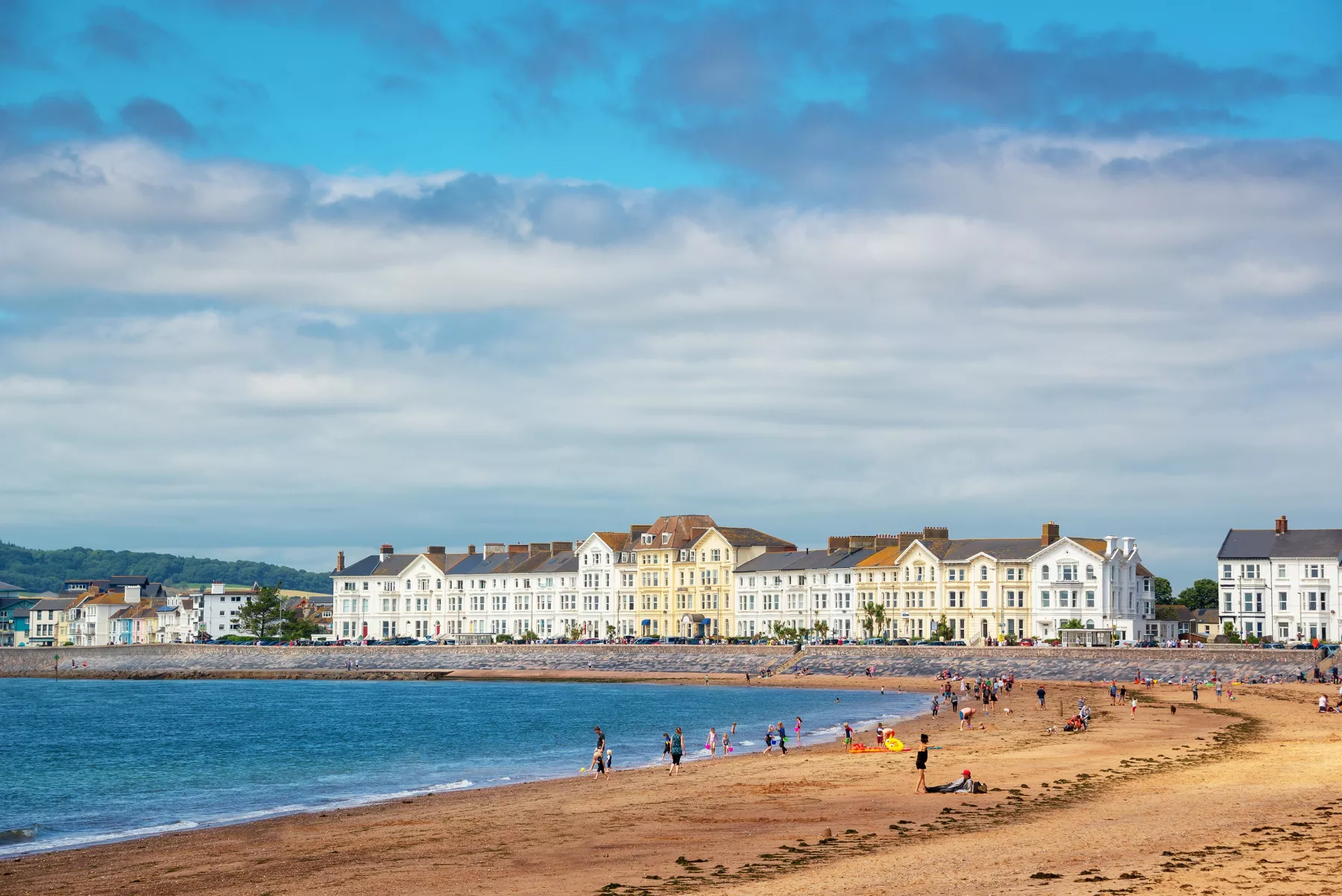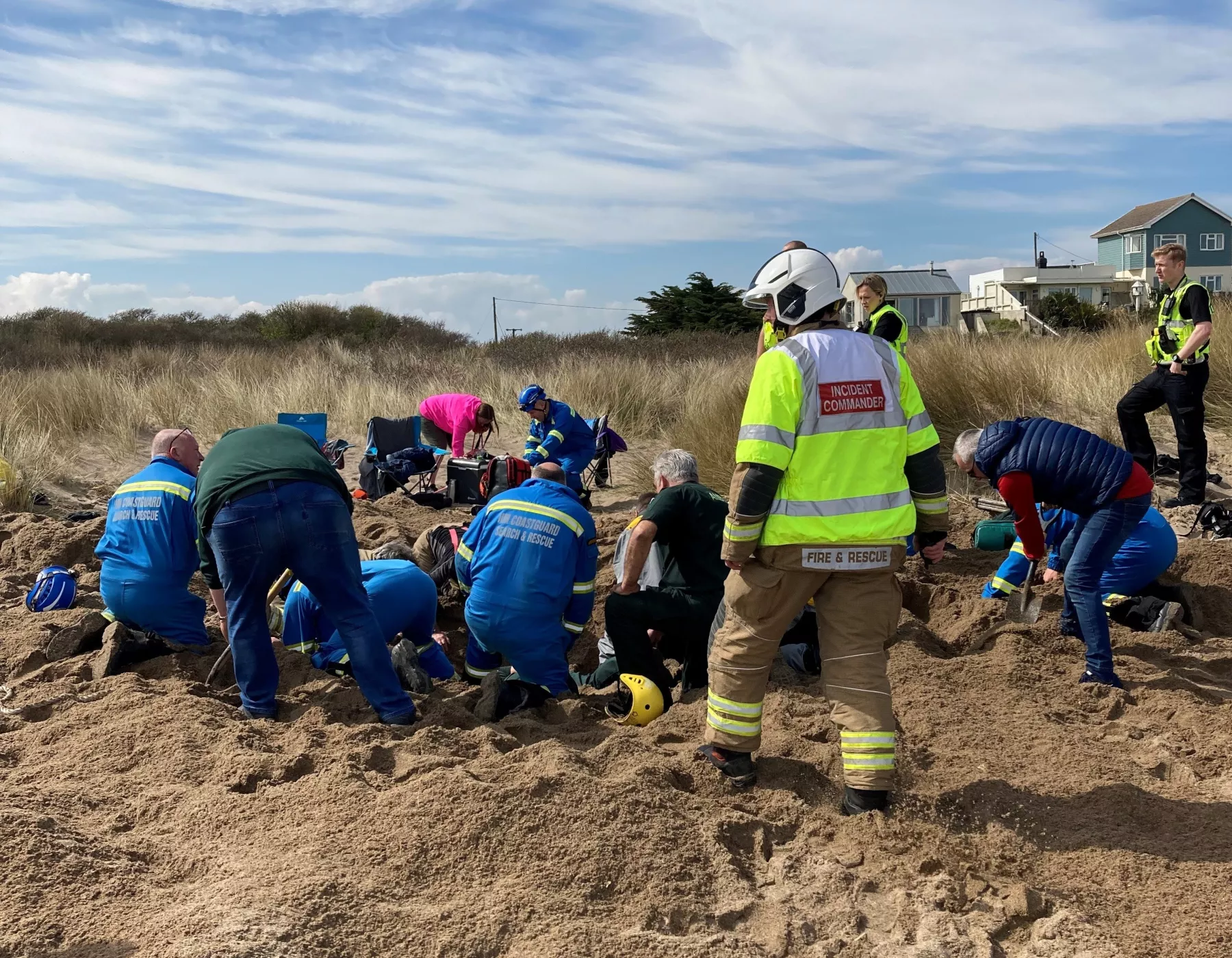According to research carried out by the Royal Life Saving Society (RLSS), only one in four parents in the UK have discussed water safety with their children.
So, this Drowning Prevention Week, HM Coastguard would like to help you have that talk.
What is water safety?
Water safety is about knowledge of water and those key bits of information you need to protect yourself from harm in large expanses of water – whether that is as a swimmer or paddleboarder or even boat user.
This might mean wearing a lifejacket (known as a Portable Flotation Device, PFD, in the industry) or wetsuit, or it might mean travelling to a lifeguarded beach to spend your time.
It is about checking the advice and following it.
Everything you need to know about beach safety is on our website: https://hmcoastguard.uk/safety-advice
Why does water safety matter?
The UK is an island, and the saying goes that no one is further than 50 miles from the shore, so almost all of us will spend time at the water’s edge at some point in our lives.
According to the Water Incident Database (WAID), there were 226 accidental fatalities around water in the UK in 2022.
And with 47 per cent of accidental drownings occurring among people who never intended to actually enter the water, it is vital that everyone knows what to do if they find themselves in an unexpected situation, whether they are the one in trouble or not.
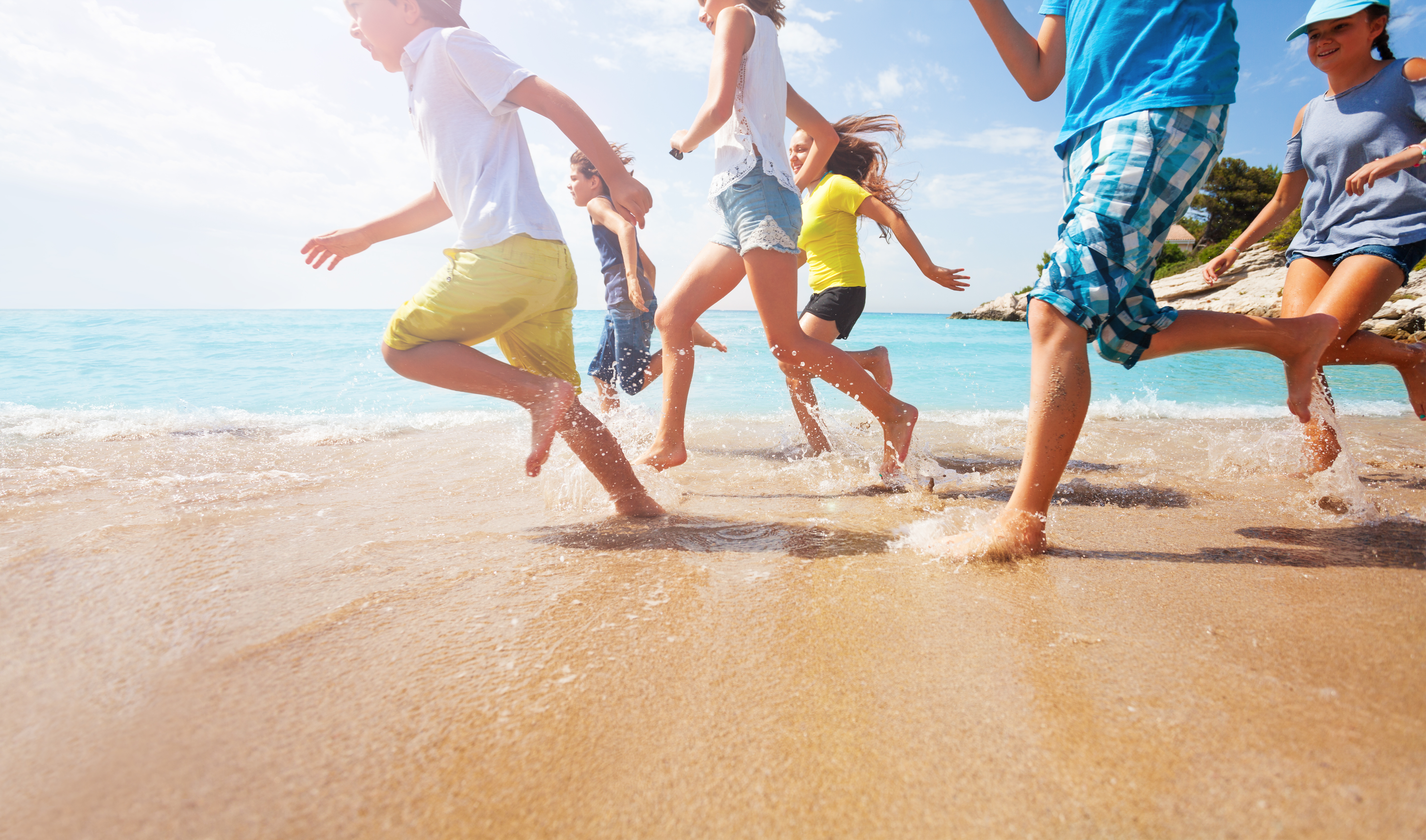
Why do children need to worry about it?
What you learn as a child often sticks with you for life, and this level of instinctive water safety needs to be instilled at a young age. It will help to inform them as they get older and help to keep them safe. They may even become parents themselves one day and do it for their children.
Water safety is a far-reaching topic with lots of strands, as advice changes from month to month and where you are in the country. But, with almost 50 per cent of all accidental drownings happening in the three summer months when families tend to flock to the beaches, it is crucial that children understand the dangers of water, so they can enjoy it safely.
What do my children need to know?
- One of the key thing to know is who to call if the worst happens at the coast, which is:
You call 999 and ask for the Coastguard (and the fire service for inland water rescues). - And it’s important that children – and you – understand that water has inherent dangers and care must be taken, from cold water shock to the sheer power of the tide; you will never outrun or outpower water.
- We recommend you always go to a lifeguarded beach, as almost three quarters of accidental fatalities occur in the absence of professional supervision.
- Remember that the water is always colder than it looks and, if not properly prepared, can be fatal. Cold water shock kills.
- Check tide times and understand what a tide is – check out the local advice on rip currents, rip tides and tidal events – most locations have unique features.
- If you do end up in the water, Float to Live. Lie on your back, relax and spread your arms and legs like a starfish – this means you don’t swallow as much water and can stay that way for a lot longer while you await rescue.
- Never take an inflatable to the beach. They are too light and get very easily blown offshore (ie. away from the shore). Leave inflatables for the pool.
- Paddleboarding, kayaking, or some other recreational water activity? Wear a wetsuit and PFD and put your mobile phone in a waterproof pouch. You might need it to raise the alarm.
Do I need to know this too?
Yes, water safety matters to everyone. What you learn now and teach to your children (or your friend or sibling’s) could save a life.
If you want to learn more about how to teach your children some water safety, visit our water advice pages.
Or contact your local Coastguard team.
